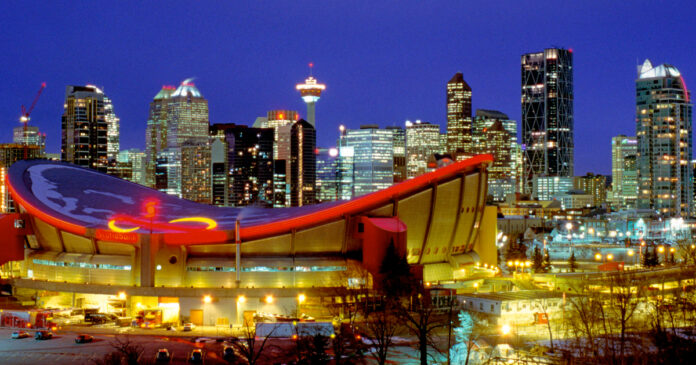Every day in Ottawa, opposition MPs demand answers from government ministers about how the billions they spend are making Canadians’ lives better.
While Conservative leader Pierre Poilievre and Prime Minister Trudeau battle it out in the House of Commons, Canada’s cities and towns are quietly and stealthily taxing more, regulating more, and spending more taxpayer dollars – without facing the scrutiny their decisions deserve.
As a volunteer, a staffer to elected officials and as a Member of Parliament, I have witnessed firsthand the daily accountability politicians face at the federal and provincial levels.
Recently, I’ve been focused on the massive authority (and spending power!) that is held at the municipal level of government – and it’s startling how little attention is paid to what goes on in city and town halls across Canada.
Cities and towns comprise a massive level of government that is reaching deeper into our pockets every year and affecting our daily lives more than ever. The actions of municipal officials are often left unchecked, and opposing voices are rare, unorganized and usually go unheard. Unlike the House of Commons or provincial legislatures, there’s no “official opposition” to hold municipal governments to account.
For this reason, I created a non-partisan, grassroots watchdog organization, Municipal Watch. Municipal Watch will fight back against wasteful or bad policies that cost more, reduce quality of life in cities and towns across the country, and fail to put people first.
Together with concerned Canadians, Municipal Watch will work together as a coalition of “local watchdogs,” holding these governments to account.
Canadians I’ve spoken with so far have identified numerous examples of what I’m calling “municipal madness.”
Edmonton, for example, voted for a 20% property tax increase over the next four years, Kitchener proposed a budget that included an 8.6% property tax increase for 2023, Vancouver will raise taxes by 4.5% this year, and city staff in Halifax proposed an 8% increase.
These municipal tax hikes are not new. The Fraser Institute points out that property taxes (inflation adjusted) between 1991 and 2018 increased by 70%. Despite all of that new revenue, taxes continue to rise . Spending is up too (record increases in city staff salaries, for example).
But it’s not just about taxation levels. The madness extends to municipal decisions of all types.
Victoria, BC for instance, now regulates how residents heat their homes and cook meals, by banning natural gas. In the City of Montreal, a permit is required to have a cozy wood burning fireplace at home. The City of Calgary’s climate mitigation policy was a factor – tipping point, even – in the failure to clinch the deal for a new arena for the Calgary Flames.
There is a need to expose overspending and bad policies at the municipal level and I’m getting the ball rolling.
By using examples from across Canada and applying pressure, municipal decision-makers will sit up and take notice. The result will be municipal policies that put people first, municipal tax dollars that are spent wisely, and policies that allow businesses to succeed and individuals to have a better quality of life.
The federal government is held to account in Question Period and provincial politicians have opposition built in to their legislatures. Now, with your help, Municipal Watch will hold municipalities across Canada to account.
Stella Ambler, a former federal MP, is the President of Municipal Watch. www.municipalwatch.ca
